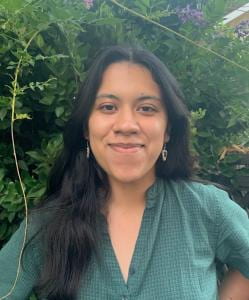
Polet Campos-Melchor (she/her/ella) is a Xicana PhD student in Cultural Anthropology and a JFI Research and Community Outreach Intern. She studies kitchen practices and water relations among queer Mexican migrants in Oregon, and her work is informed by time spent in her grandmothers’ kitchens in Mexico and California. Campos-Melchor’s ethnographic and research skills will help her expand the PNW Healers/TEK bibliography in Zotero and support outreach with stakeholders in the university, nonprofit and government sector, tribal councils, and water stewards in Oregon.
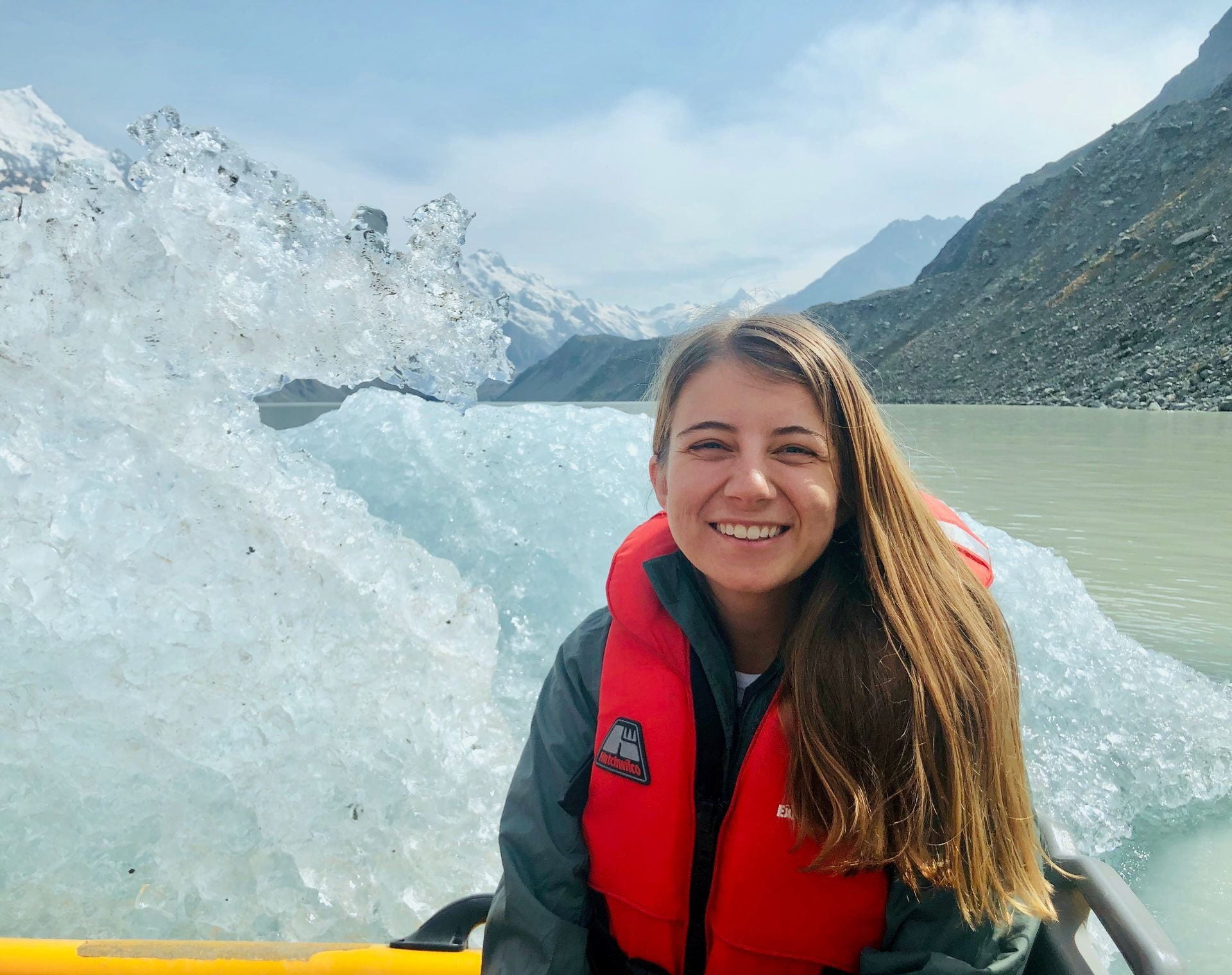
Dara Craig (she/her) is a second-year PhD student in the Environmental Studies department, where she works with Dr. Mark Carey in the Glacier Lab. Her dissertation research works toward healthy oceans and climate justice, focusing on fisheries’ co-governance, partnerships in marine spatial planning, and supporting Tribal self-determination. She comes to this work as a non-Native scholar with a background in marine ecology and environmental education, having worked as a director for a marine science and sailing program, a teaching assistant for an earth systems field camp, and a scientific diver for a coral restoration effort. Through the PNW Just Futures Initiative, she is a research assistant for the Tribal Climate Change Project, where she provides administrative support (e.g. funding guide, email bulletins, and network calls), and studies ice, water, and climate justice, as they relate to Tribal food sovereignty.
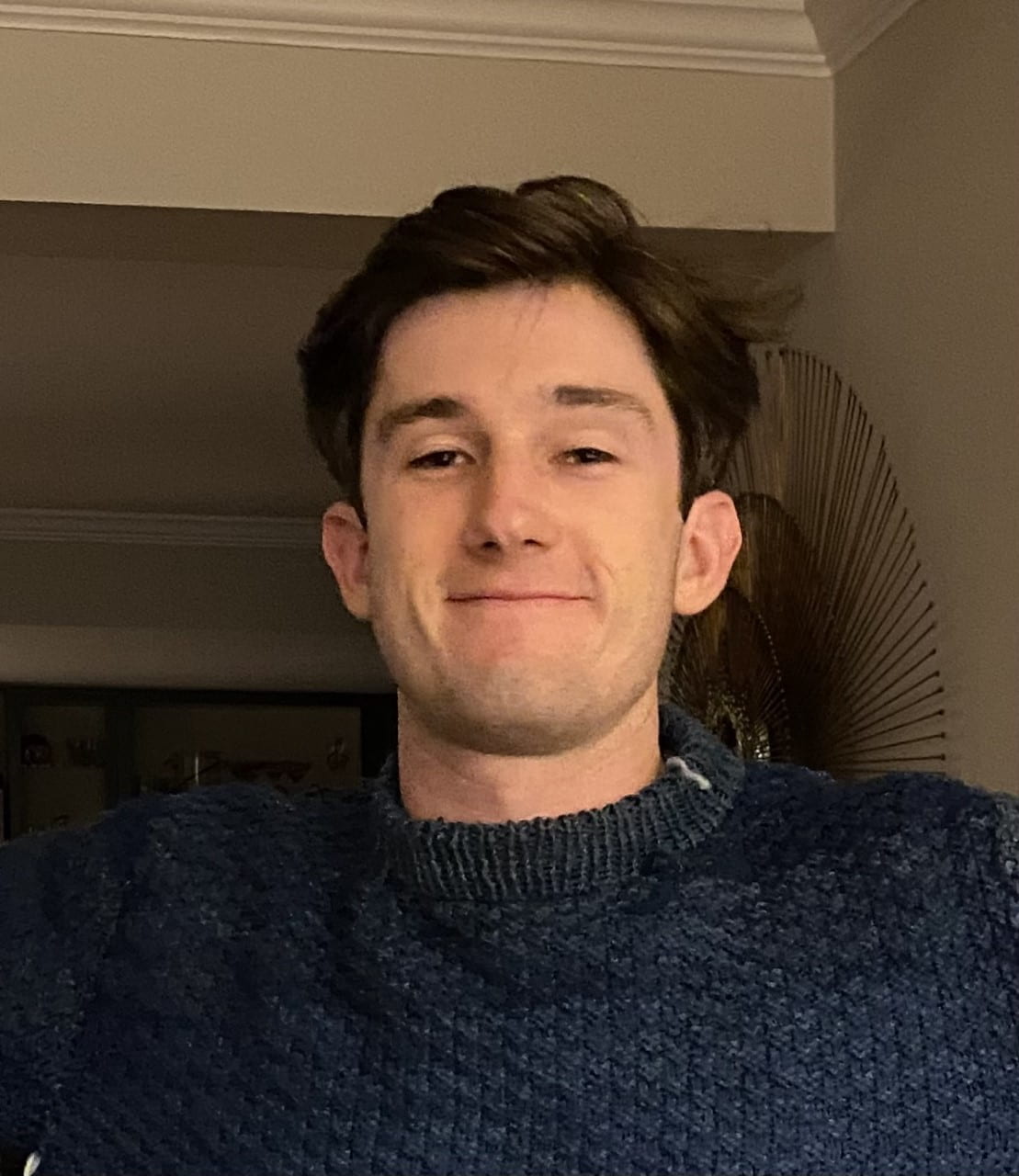
McClean Gonzalez (he/him) is a Master’s Student in Landscape Architecture at the University of Oregon. He received his Bachelor of Science in Environmental Design at Auburn University. His research interests focus on expanding the ways that the public can be involved in the planning and design of public infrastructure. He is currently working with the Just Futures Team and The Infographics Lab to build out a website and series of stories which aim to bring more visibility to the history and future of Essential Workers in the Pacific Northwest.

Rachael Sol Lee (she/her) is a Ph.D. student in English at the University of Oregon. She is the Digital Humanities Research Assistant for the Healers project, a digital ethnobotanical guide that highlights the traditional ecological knowledge of Caribbean women healers. Her research focuses on urban wastelandic natures as key sites for examining neoliberal forms of environmental racism as well as imagining alternative futures. She is also currently exploring how experimental creative forms, such as interactive maps and animation, can represent and disrupt such uneven geographies. She grew up in Koreatown, Los Angeles, which has informed her affinity for urban natures and commitment to spatial justice.
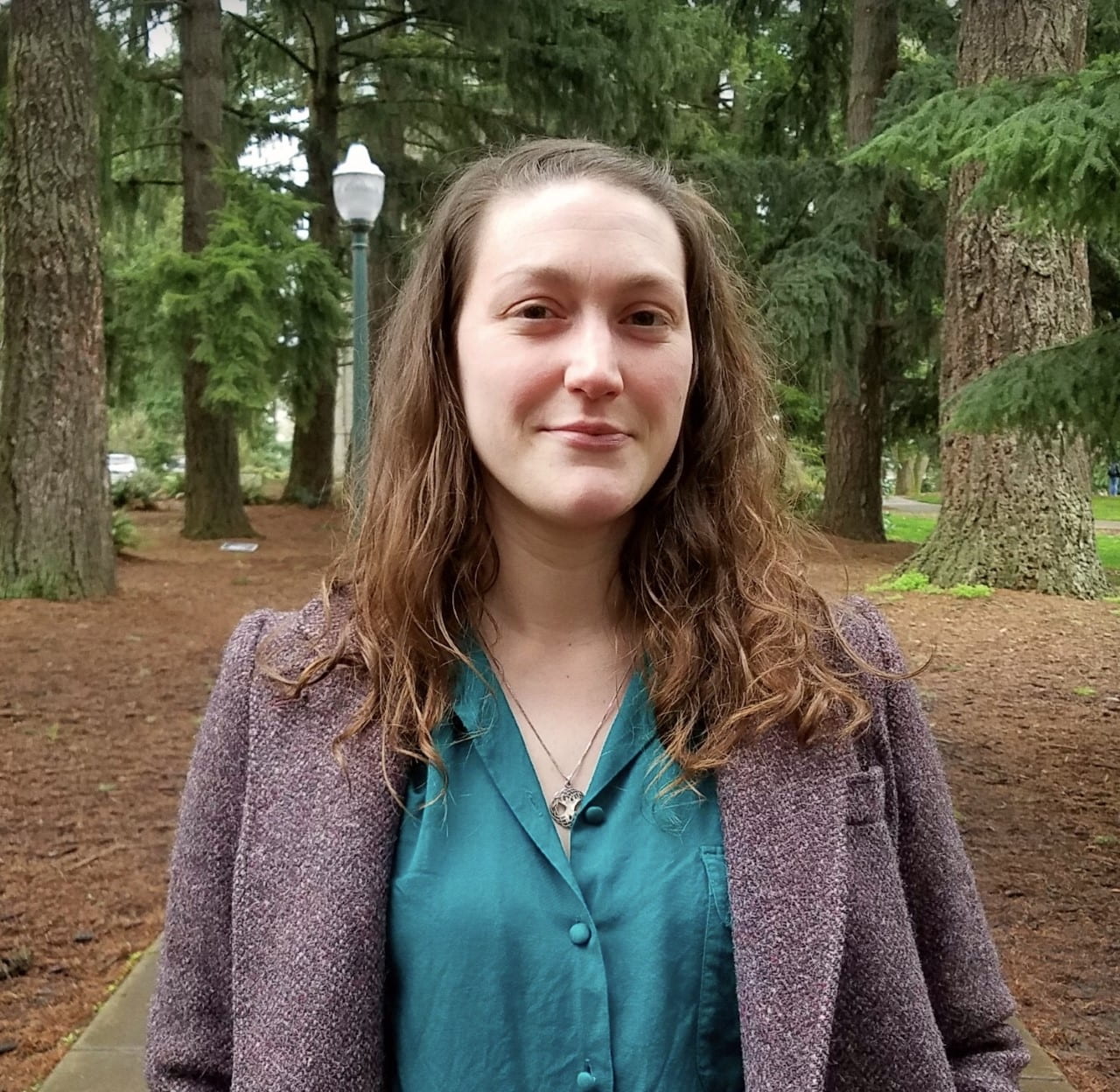
Katrina Maggiulli (she/they) is a PhD candidate in Environmental Sciences, Studies, and Policy and English at the University of Oregon. She is the Collaborative for Inclusive Urbanism Research Assistant at JFI where she studies housing equity and new immigrant destinations and policy with Dr. John C. Arroyo. Her own research interrogates the ethical dimensions of species conservation policy, practice, and outreach. Her dissertation, Managing Life’s Future: Species Essentialism and Evolutionary Normativity in Conservation Policy, Practice, and Imaginaries, addresses the purity politics inherent in conservation approaches that police species boundaries—approaches anchored in the eugenics-inflected roots of the American conservation movement. Her professional background working for the U.S. Fish & Wildlife Service and wetland education non-profits inform her current academic practice.
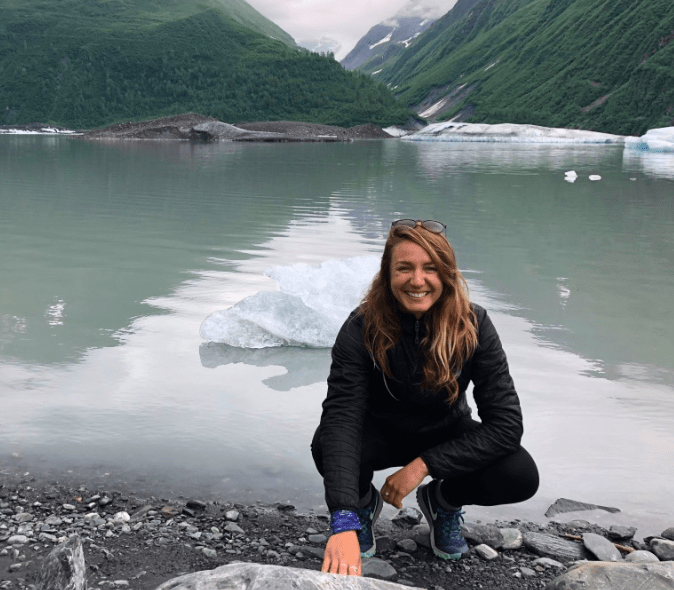
Holly Moulton (she/her) is a PhD candidate in Environmental Sciences, Studies, and Policy at the University of Oregon. Her research focuses on Quechua women’s lived experiences of climate change adaptation and processes of futuremaking in the glaciated Peruvian Cordillera Blanca. She is also interested in how race and gender are represented by diverse actors in national climate change adaptation planning and policies in Peru. Holly is a feminist political ecologist who is broadly interested in studying how narratives of vulnerability, race, and gender are represented by diverse actors in national and local climate change adaptation policies and management in Peru and other icy regions of the globe. She often conducts research and publishes with multidisciplinary teams of glaciologists, hydrologists, social scientists, humanists, and technical professionals. Both her teaching and research revolve around a deep commitment to generating collaborative, community-centered knowledge spaces and promoting intersectional environmental justice
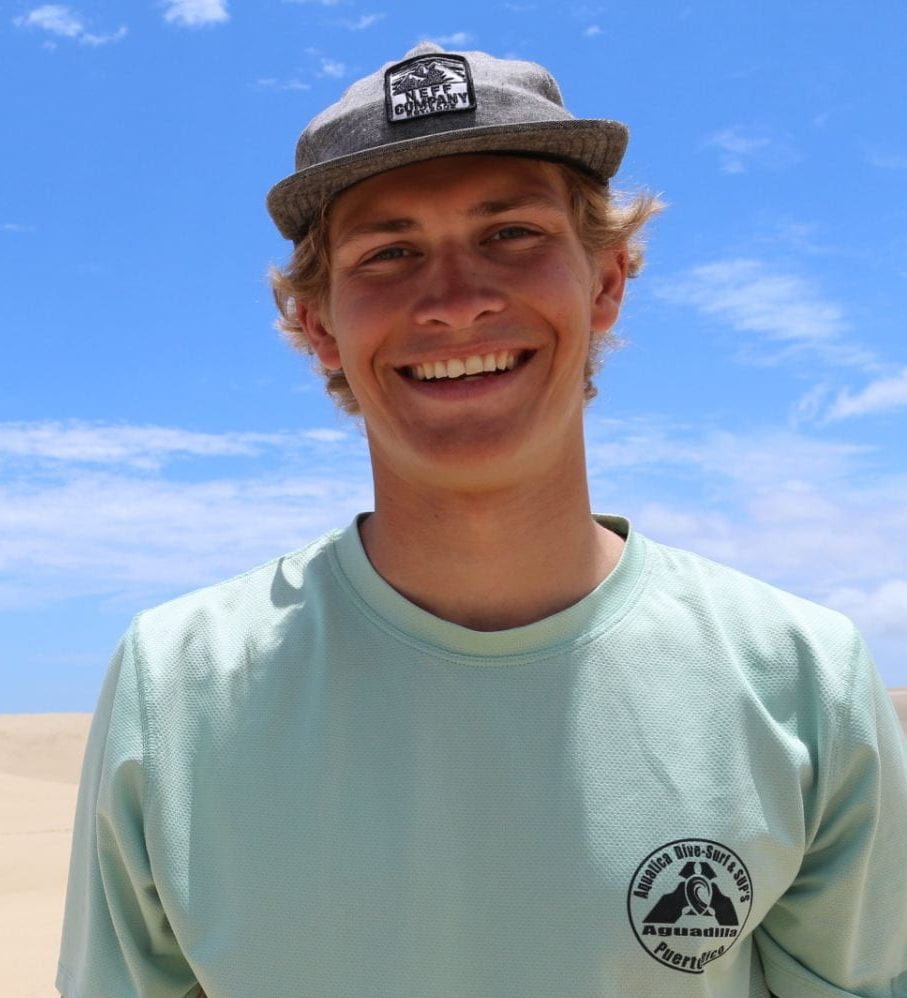
Zac Provant (he/him) is a Ph.D. candidate in Environmental Studies. Focusing on the human experiences of increasingly frequent and severe rain-on-snow floods and avalanches in British Columbia and Alaska, his dissertation research addresses the impacts of changing snow on PNW mountain communities. Through this project, Zac centers environmental justice in an effort to expand typical approaches to disaster risk and climate change vulnerability. Whether through research or recreation, Zac finds himself constantly drawn to the mountains.
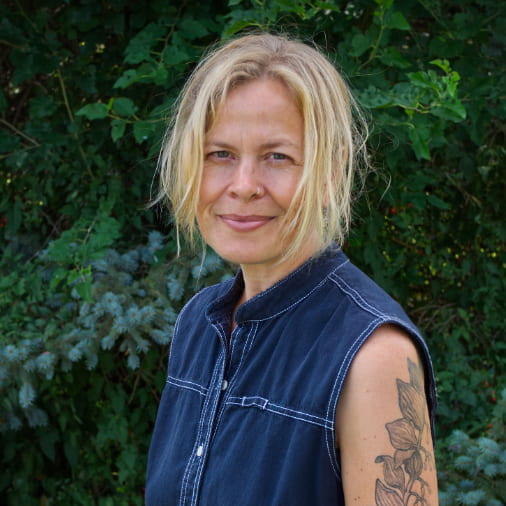
Sasha Michelle White (she/her) is an interdisciplinary researcher whose work is informed by her experiences as an artist, herbalist, field ecologist and prescribed fire practitioner. Her most recent explorations center the coloristic and medicinal properties of fire-adapted plants as a way of understanding human and more-than-human relationships with fire-prone landscapes. Sasha studied printmaking and book arts at Bowdoin College, Maine College of Art and Cranbrook Academy of Art. She has held fellowships at the Scuola Internazionale di Grafica in Venice, Italy and the Lloyd Library and Museum in Cincinnati, Ohio, and earned a master’s degree in Environmental Studies at the University of Oregon in 2021. She is currently conducting research with the University of Idaho’s Confluence Lab while working toward a Ph.D. in Environmental Science.